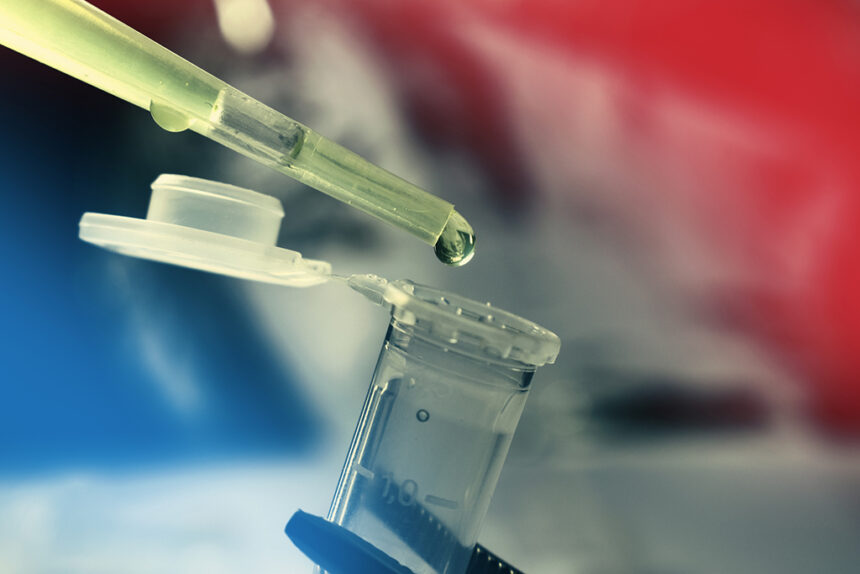Alkermes completed the separation of its oncology business into spin-off Mural Oncology, the drugmaker announced Wednesday.
Mural made its formal debut Thursday, with the independent company beginning “regular way” trading on the Nasdaq exchange under ticker “MURA.” The launch was buoyed by a $275 million cash payment from Alkermes in September.
The separation, first announced a year ago, freed up Alkermes to head full-steam into neuroscience drug development, an area “with the potential to generate strong profitability and cash flow,” stated company CEO Richard Pops.
The news followed June’s appointment of Caroline Loew as Mural’s CEO-designate and other efforts to build out a board and recruit other senior members of the leadership team. Loew recently served as president/CEO at Glympse Bio and prior to that was VP, head of R&D strategy and planning at Bristol Myers Squibb.
Meanwhile, that same month Alkermes presented trial-in-progress posters from the Phase 2 ARTISTRY-6 trial and the Phase 3 ARTISTRY-7 clinical trial for lead asset nemvaleukin at the American Society of Clinical Oncology Annual Meeting.
In addition, Mural has a portfolio of novel, preclinical engineered cytokines composed of tumor-targeted split interleukin-12 (IL-12) and interleukin-18 (IL-18).
Wall Street, however, hasn’t exactly given its blessing to Alkermes’ neuroscience aspirations, including lead asset ALKS2680 in Phase 1b for narcolepsy type 1. At one point in October, the stock price was down more than 10%.
Analysts have flagged concerns about ALKS2680’s safety profile in type 1 narcolepsy at higher doses, and the potential for the drug in narcolepsy type 2 and idiopathic hypersomnia, both of which require higher dosing for effectiveness.
What’s more, the emerging class of orexin 2 receptor (OX2R) agonists is shaping up to be a competitive one, with numerous other assets in early stages of development. Recently released data show ALKS2680’s mechanism works, but its safety profile needs to be watched very carefully across the three narcolepsy indications.
The Street is also wary of a coming slowdown in sales of psychiatric drug Lybalvi. The medicine brought in revenue of about $51 million in the third quarter, an 8% quarter-on-quarter increase, and management expects growth to pick up this quarter following summer seasonality.
Nevertheless, “We believe that expectations are too high for Lybalvi (ALKS-3831),” warned Leerink analyst Marc Goodman in an earlier investor note. “Physicians (and we) like this product, but we believe reimbursement will be difficult for a new brand without a novel MOA in a highly generic market.”







